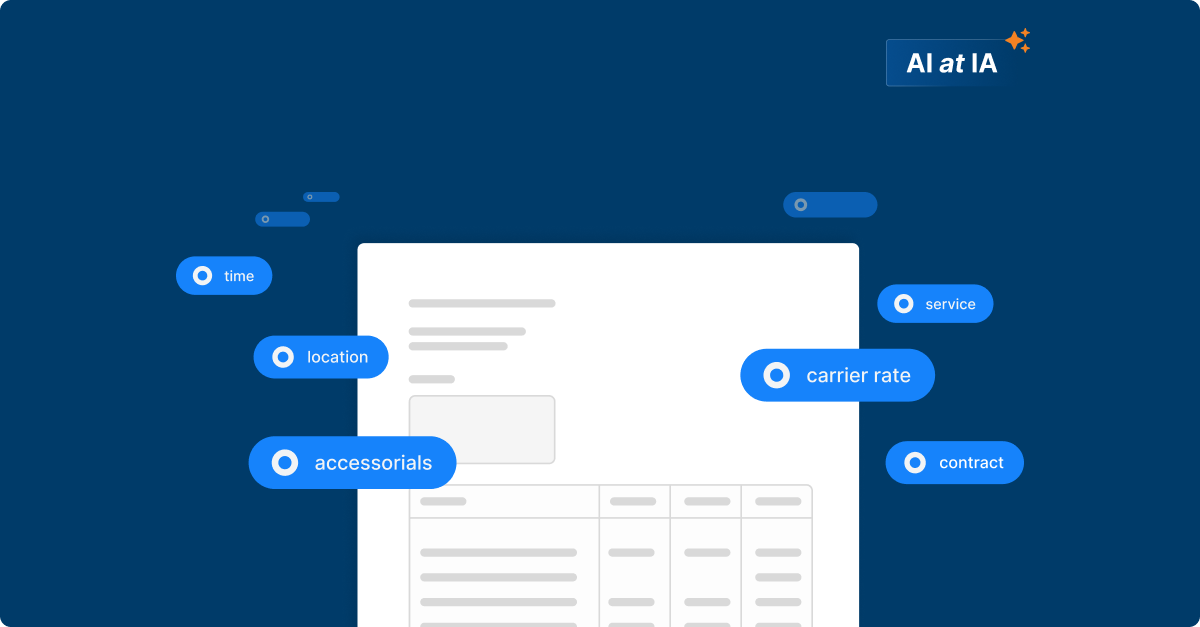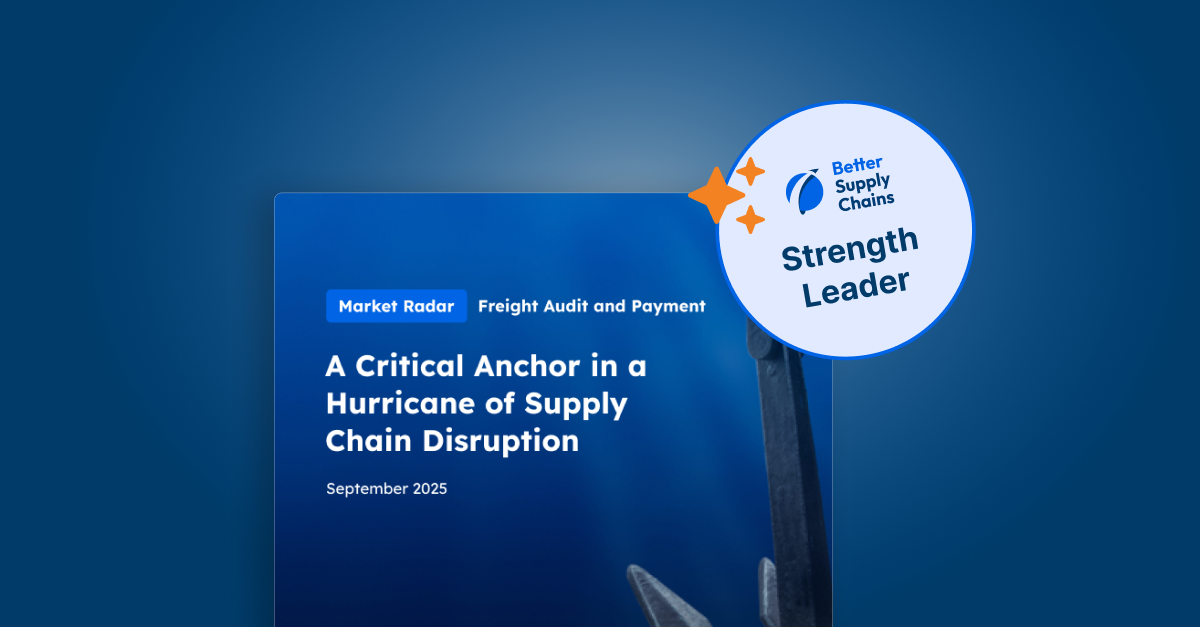What Are Freight Bill Auditing Services

Freight invoice auditing and payment processing form a major revenue opportunity for shippers looking to cut costs. However, in-house versus outsourced freight audit and payment can have a significant effect on ROI. According to JOC.com, "Shippers that outsource some element of their freight audit and payment (FAP) process have lower average invoice processing costs than their peers who handle those functions internally. Specifically, Large shippers — i.e., those with $1 billion or more in annual revenue — reported processing costs 70 percent lower than their small shipper counterparts." Still, it can be hard to understand what a freight audit entails and how it adds value. Let's consider the fundamentals of what is a freight bill audit, why pre-auditing invoices are better, and how it boosts revenue streams.
What Is a Freight Bill Audit?
A freight bill audit is a comprehensive review of invoice details to ensure accuracy. It verifies carrier bills against pricing structure and data from existing contractual agreements, validating any additionally applied accessorial and making sure the services are what you paid for. This applies to both contract and spot shipments across all modes and regions. The whole goal is to ensure shippers are billed for services actually rendered. Unfortunately, errors can and do happen.
The whole idea is to catch invoice errors prior to submitting for payment. This reduces the risk of overpaying and helps shippers maintain a positive cash flow. Additionally, increased accuracy and accountability through the continuous process of ingesting, normalizing, correcting, analyzing and applying data in the form of actionable insights leads to carrier performance measurement. As a result, shippers are better equipped to select the right carrier for each shipment.
How Freight Auditing Works
A freight bill audit works by leveraging the various data sources in your tech stack to identify and correct errors in invoices, resulting in considerable savings, potentially becoming a profit center for shippers providing a massive ROI. In traditional audits, this is an exhaustive process requiring staff members to go line-by-line to check data and validate details. However, the process is much easier when running through an automated platform like Intelligent Audit.
- It begins with the ingestion of data from all systems, including your TMS, ERP, OMS and e-commerce platforms to gather as much relevant information as possible about all shipments.
- The system then normalizes the data to ensure apples-to-apples comparisons and data integrity, which is critical since raw data may exist in different formats.
- Data anomalies are up next and are corrected based on common errors, such as missing data points or GL codes. This will help avoid issues at the time of auditing and help prevent disruptions that could lead to delays in delivery.
- Advanced analytics comb through the data, identifying total landed costs, costs by zone, distribution center, lane, SKU, and other granularities. This provides a more cohesive picture of freight spend analysis.
- Upon generation of actionable insights in intuitive dashboards, system users can then identify the most lucrative ways to lower transportation spend, whether that entails hub injection, some zone skipping, or diversification of the carrier base.
Pre-Audit Versus Post-Audit Pros and Cons
Conducting a pre-audit comes with several strong advantages, including fewer:
- Rating errors
- Duplicate charges
- Incorrect product classifications
- Incorrect weights and accessorial fees
- Incorrect bill-to party
However, auditing after invoices are received and payment has been made is associated with higher risks, including:
- Trouble getting paid back
- Less uncertainty in total landed charges
How Auditing Opens New Revenue Streams
A freight bill audit through an automated process is much more than a more cost-effective way to ensure accuracy in billing. Since it relies on software and algorithms to process all data, an audit gives rise to increased visibility into freight spend and how shippers can lower such costs through several means, including:
- Improved carrier selection, by recognizing which service providers can meet the terms in the inbound routing guide without adding extra charges.
- Better use of alternative modes, such as ground when an extra day or two will not impact the customer experience or delivery expectations.
- Recognizing when to conduct new RFP processes to get better rates, including mini-bids to handle short-term changes in shipment volume.
Together, these value-added functions create new revenue streams for shippers.
Leverage a World-Class Outsourced Solution with Intelligent Audit
Keeping carriers accountable and managing shipping spend all comes down to the effective use of a freight bill audit on all transactions. Shippers cannot afford to wait until after payment processing to audit invoices, and those that forgo auditing altogether are missing a major opportunity to lower costs. Connect with Intelligent Audit to reap the rewards of an automated freight bill audit process today.



